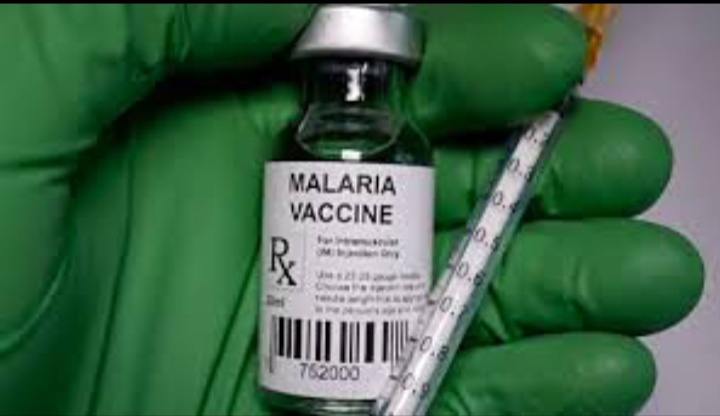Nigeria has made a significant stride in tackling its public health challenges by launching the malaria vaccine in Bayelsa and Kebbi States today, targeting regions with the highest prevalence of the disease.
This initiative, part of the country’s broader strategy to combat malaria, is a key step in addressing the nation’s malaria burden, which accounts for 27% of global cases and 31% of malaria-related deaths.
The rollout was announced by Professor Ali Pate, Coordinating Minister of Health and Social Welfare, who emphasized the urgency of this intervention under President Bola Ahmed Tinubu’s leadership.
In addition to the malaria vaccine rollout, Nigeria has reaffirmed its commitment to combat antimicrobial resistance (AMR), an emerging global health threat.
The country will host the 5th Global Ministerial Meeting on AMR in 2026, succeeding Saudi Arabia, marking a milestone in Nigeria’s growing leadership in global health initiatives.
Pate outlined a multi-pronged approach to malaria elimination, including the establishment of the Advisory Group on Malaria Elimination in Nigeria (AMEN) and collaborations with global partners like the World Health Organization (WHO), the Global Fund, and the Gavi Alliance.
“Earlier this year, we identified strategic actions to combat malaria and accelerate its elimination, including the development of a costed plan that explicitly details trade-offs,” Pate said.
He also highlighted ongoing efforts to improve malaria treatment, including reforms to ensure the affordability and accessibility of medicines.
“We are retraining Nigeria’s frontline health workforce to improve testing, treatment, and community awareness, “he said .
Additionally, Pate discussed Nigeria’s ambitious National Action Plan on AMR, alongside the National Genomic Surveillance Strategy, both crucial to strengthening the country’s health security. These measures aim to curb the rise of drug-resistant infections and enhance Nigeria’s ability to detect and respond to emerging health threats.
“These initiatives aim to strengthen the country’s healthcare resilience and position Nigeria as a leader in health security in Africa and globally.
“The second national plan on AMR and the National Genomic Surveillance Strategy are pivotal to the Nigeria Health Sector Renewal Investment Initiative.
“By addressing both current and future threats, these strategies ensure better health outcomes and security for Nigerians.
“The integration of genomic surveillance with AMR efforts will enhance Nigeria’s ability to detect and respond to emerging health threats.
“This synergy positions Nigeria as a key player in the global fight against AMR while improving public health security,” he said.
With AMR responsible for an estimated 4.7 million deaths globally in 2021, Pate emphasized the importance of integrating human, animal, and environmental health in combating the issue, using a One Health approach.
He commended the work of Nigerian scientists, particularly Professor Christian Happi of Redeemer’s University, for their contributions to genomic research.



